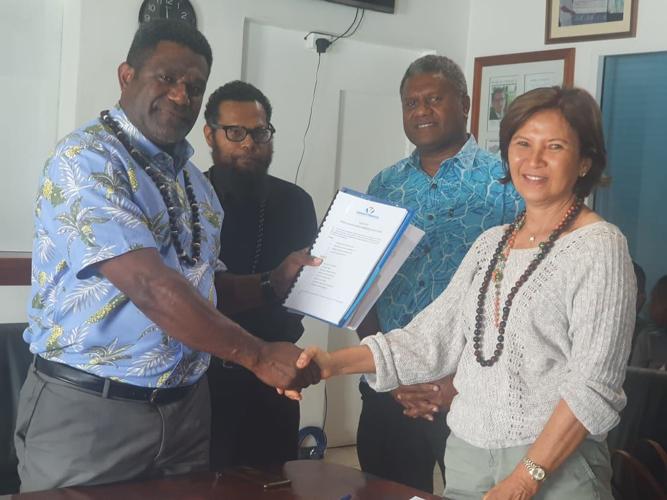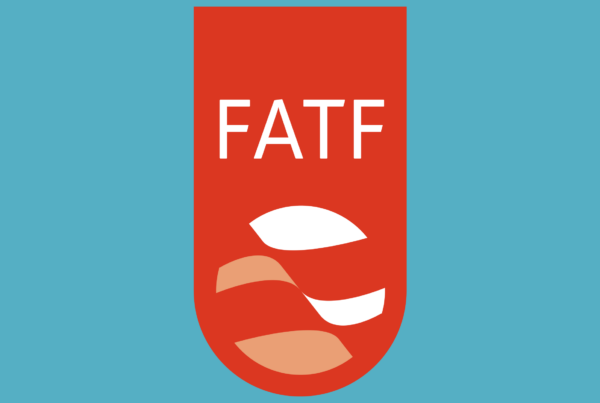By Hilaire Bule
Finance Minister Johnny Koanapo as Minister responsible for the Vanuatu Financial Services Commission (VFSC), officially launched the Vanuatu Digital Assets Guidelines yesterday.
He congratulated VFSC management and staff for their hard work, which has led to the formulation of this important document. Koanapo heard from VFSC that Vanuatu is the first country in the region to develop such a document and they are already eyeing Vanuatu’s achievement.
The Minister said he is pleased to hear that, but urged VFSC to take the lead at all times and to adapt with the modern and new technology. Koanapo noted Vanuatu has only two regulators — VFSC and Reserve Bank of Vanuatu.
“There are only two regulators. They will be no other players,” the Finance Minister warned. Daily Post was informed that private companies have made attempts to the government in proposing other legislations from the one that was recently tabled in parliament by the Minister of Finance.

VFSC chairlady, Ti Tham Goiset, said the amendment of Financial Dealers Licensing (FDL) Act of 2021 and the launching of the VFSC guidelines indicate that Vanuatu is moving ahead, like other developed countries around the word with digital assets.
She explained that digital assets are digital representations of all kinds of objects and their associated value, and they allow issuance and transfer of ownership without the need of paper documents. They are digital representation of an online value that is not a part of any government or a bank and aren’t even recognized as currency or money. Most of the time, they are accepted as a payment in private transaction but they can also be used as an investment tool.
Of course, aside from the financial side of the digital assets, anything that is primarily sourced from online or internet can fall into this category. Goiset said the issuance of the traditional securities costs time and money and trades across the borders are typically very complicated, and these inefficiencies lead to high fees and cause delays as transactions cannot be fulfilled or finalized anywhere near instantly.
She said Vanuatu’s financial sector should not underestimate these future developments but rather embrace the challenges and opportunities of the coming digital transformation, and begin developing a strategy.
“These guidelines will allow VFSC to inform the public, its customers and the prospective investors on the criteria to operate a digital assets platform but also to work on further amendment and on a specific detailed legislation about virtual asset business that will address the needs of Vanuatu,” Goiset said.
“It will provide the necessary enabling legislation to ignite the full potential of the blockchain technology. It is only after the completion of the process that a license of class D for digital assets dealer can be issued.”





